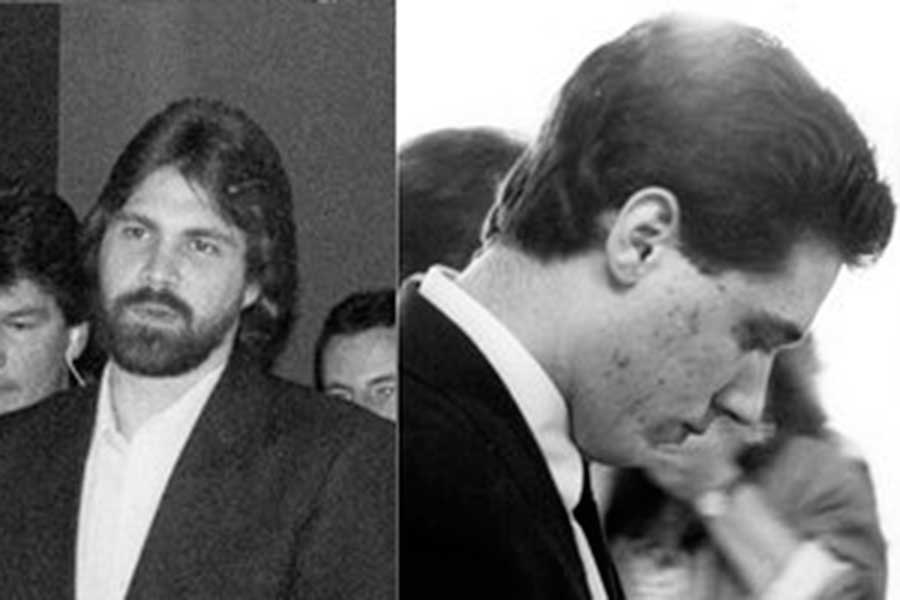A federal judge has blocked a new trial for Richard R. Laird, who brutally killed gay artist Anthony V. Milano almost 30 years ago.
Laird already had two trials — in 1988 and 2007 — but he claimed both were plagued by errors and sought a third.
In a 105-page opinion issued Aug. 19, U.S. District Judge Jan E. DuBois declined to vacate Laird’s death sentence. DuBois said Laird’s 2007 retrial passed constitutional muster.
“[Laird] has failed to demonstrate that his [2007] retrial and resentencing were infected by any errors,” Dubois stated.
In 1987, Laird and Frank R. Chester kidnapped Milano to a wooded area of Bucks County, where Milano’s throat was hacked out with a box cutter. Both men were convicted of first-degree murder and sentenced to death. Laird has been on death row for almost 30 years. But Chester recently was released to the general-prison population, after agreeing to never challenge his first-degree murder conviction.
Laird admits that he killed Milano, but contends he was too impaired to form a specific intent to kill, due to alcohol consumption and other mental problems.
In his ruling, DuBois noted that Laird was able to maintain his balance and express himself coherently during the general time period of Milano’s murder.
DuBois also noted that Laird took immediate steps to destroy evidence after Milano’s death, including tossing his box cutter into a creek.
Even if Laird’s blood-alcohol content was .45, as Laird contends, he could still form an intent to kill, according to DuBois’ ruling.
Laird put forth a litany of errors allegedly made by his 2007 attorneys. They include not requesting a change of venue due to inflammatory publicity; not preparing expert witnesses; not impeaching prosecution witnesses; not presenting medical records establishing Laird’s mental impairments; not objecting to impermissible victim-impact evidence; and not objecting to prosecutorial misconduct.
DuBois rejected all of those claims, reiterating that Laird received a “fundamentally fair” trial in 2007.
Laird also claimed prosecutors shouldn’t have presented Chester’s 1988 trial testimony during Laird’s 2007 retrial because they knew Chester’s testimony was false.
But DuBois said Laird failed to exhaust that claim on the state level, thus it should be dismissed. Additionally, DuBois said no miscarriage of justice results from the dismissal.
As for Laird’s argument that jurors didn’t receive enough information about his childhood sex abuse, DuBois said: “[Laird’s] counsel investigated his background and mental impairments and presented significant substantive testimony on that subject.”
Additionally, DuBois declined to issue a “certificate of appealability” to facilitate an appeal by Laird to the Third Circuit Court of Appeals. However, attorneys for Laird still have a right to appeal to the Third Circuit without a certificate of appealability from DuBois. They had no comment for this story.
Bucks County First Assistant District Attorney Michelle A. Henry issued this statement: “The commonwealth is pleased that Richard Laird’s federal appeal was denied by the district court. The death penalty is appropriately reserved for only the most heinous murders and the cold-blooded criminals who commit them. Richard Laird has twice been found by separate juries to be deserving of this ultimate punishment, which makes the court’s decision very gratifying.”
